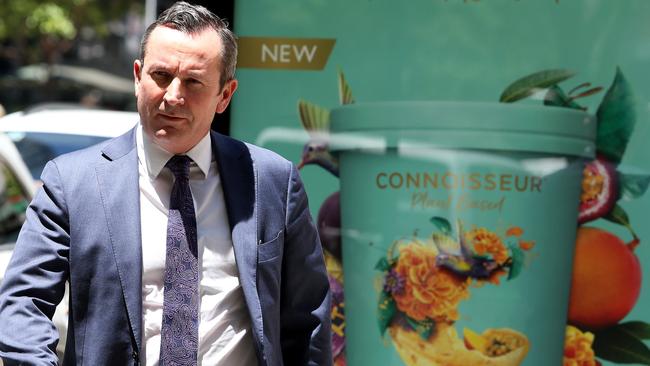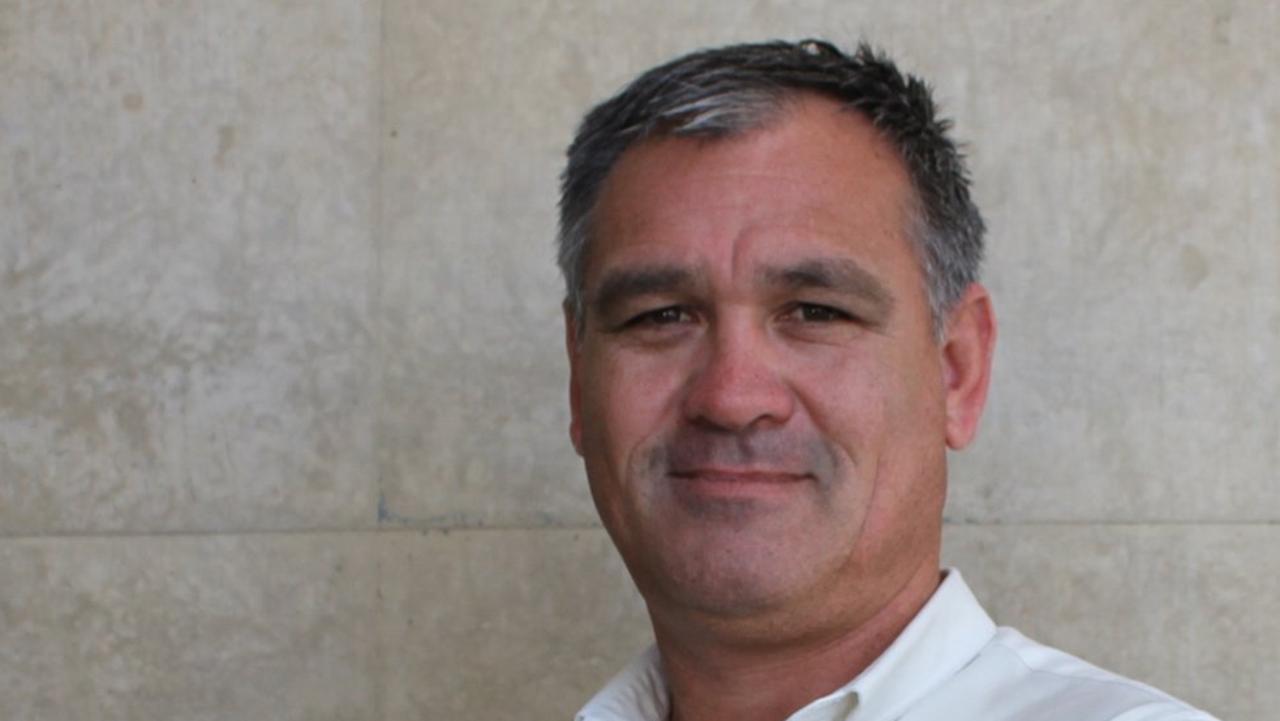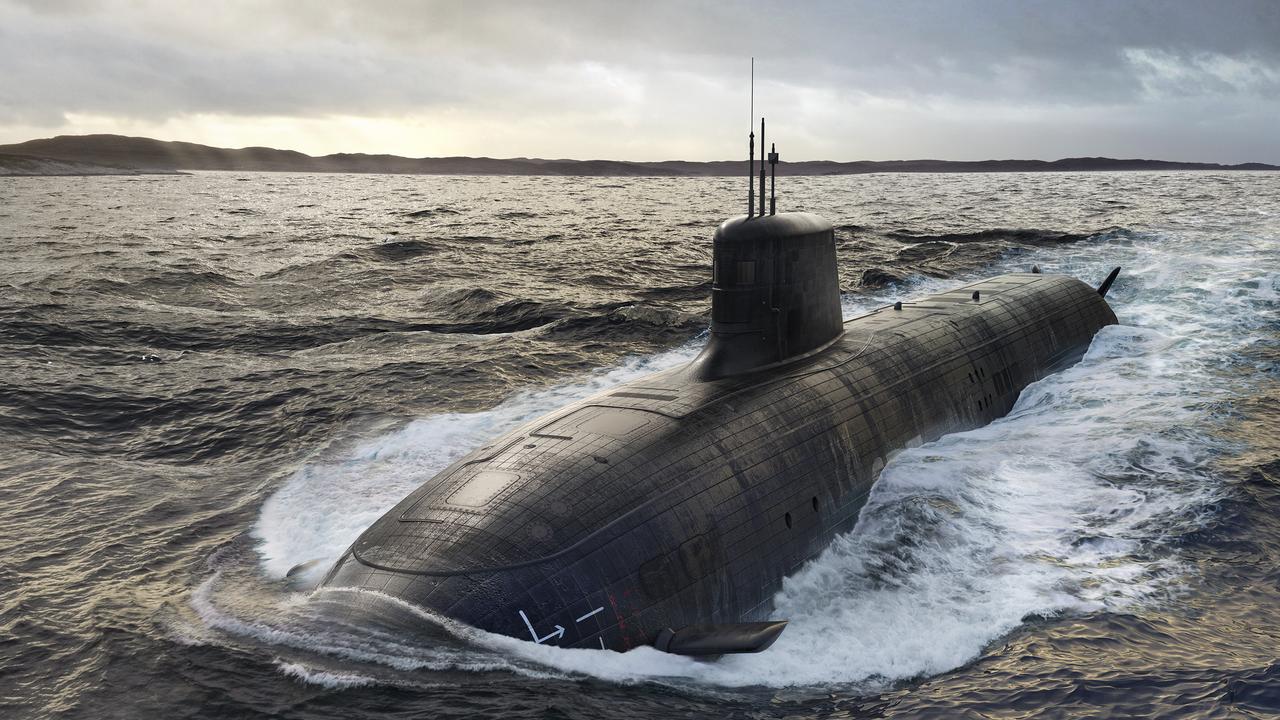Coronavirus: Western Australia holds out on border openings
West Australian Premier Mark McGowan is refusing to guarantee he will drop quarantine requirements for arrivals from Victoria and NSW.

West Australian Premier Mark McGowan is refusing to guarantee he will drop quarantine requirements for arrivals from Victoria and NSW, despite both states sitting on the cusp of reaching WA’s key COVID thresholds.
Victoria is on track to record 28 straight days without community transmission of the virus on Friday, which would meet the guideline set by WA’s Chief Health Officer before he dropped those quarantine requirements for other jurisdictions. NSW is on track to meet that target next week.
Queensland said on Tuesday it would reopen its border to NSW and Victoria by December 1, but Mr McGowan said his state would take other factors into account when weighing up whether to open up its border to the country’s two most populous states.
“We will get advice on the 28-day mark, if there are no additional cases,” the Premier said on Wednesday. “The sorts of things you take account of are sewerage testing … border arrangements, people who might have come from other infected places, and their testing regime.
“We will be cautious and we will be careful and we won’t take risks. We will adopt those principles the whole way through.”
WA reopened its borders to visitors from Queensland, Tasmania, South Australia, the Northern Territory and the ACT this month, although it reintroduced quarantine requirements for arrivals from SA just a day later after that state suffered another virus outbreak.
The most recent advice from WA’s Chief Health Officer, Andy Robertson, made it clear that quarantine requirements should be dropped for arrivals from NSW and Victoria once they achieved four weeks with no new cases.
“If NSW and Victoria continue to have no community cases, from either an unknown source or where the contacts were not in quarantine, for 28 days, the border controls should be amended to reflect those of other Australian jurisdictions,” Dr Robertson wrote.
He is expected to provide fresh advice to the government by Friday, when Victoria should achieve the 28-day milestone.
The muddied guidance on the border has meant further uncertainty for families eager to visit WA from Victoria and NSW, and has also been criticised by parts of the business community.
Chamber of Commerce and Industry of WA chief executive Chris Rodwell told The Australian the uncertainty would be weighing on businesses.
“They need to make decisions about running their operations, around planning new investments, that are based on what happens with the borders, and unless we have clear and transparent criteria, those decisions either get put off or don’t get made at all,” he said.
“As a result, we struggle to get the competitive advantage that we might otherwise have as businesses operating in other states.”
Raleigh Finlayson, chief executive of WA gold mining company Saracen Mineral Holdings, supports the hard border but warned there were concerns about the wellbeing of staff if the border had not fully reopened by Christmas.
“There are people on our mine sites at the moment who have done nine months straight without seeing their families,’’ he said.
“I’m particularly concerned about Christmas — at the best of times on mine sites people can not be focused. There’s some pressure, undoubtedly, but as we saw with the South Australian spike you’ve got to be so cautious.”
WA was the only state to avoid a recession, as its massive iron ore mines took advantage of soaring prices. Mr McGowan says the hard border measures had protected WA’s health and economy, although Mr Rodwell said the state’s economic downturn had been masked by the iron ore price spike and JobKeeper support.



